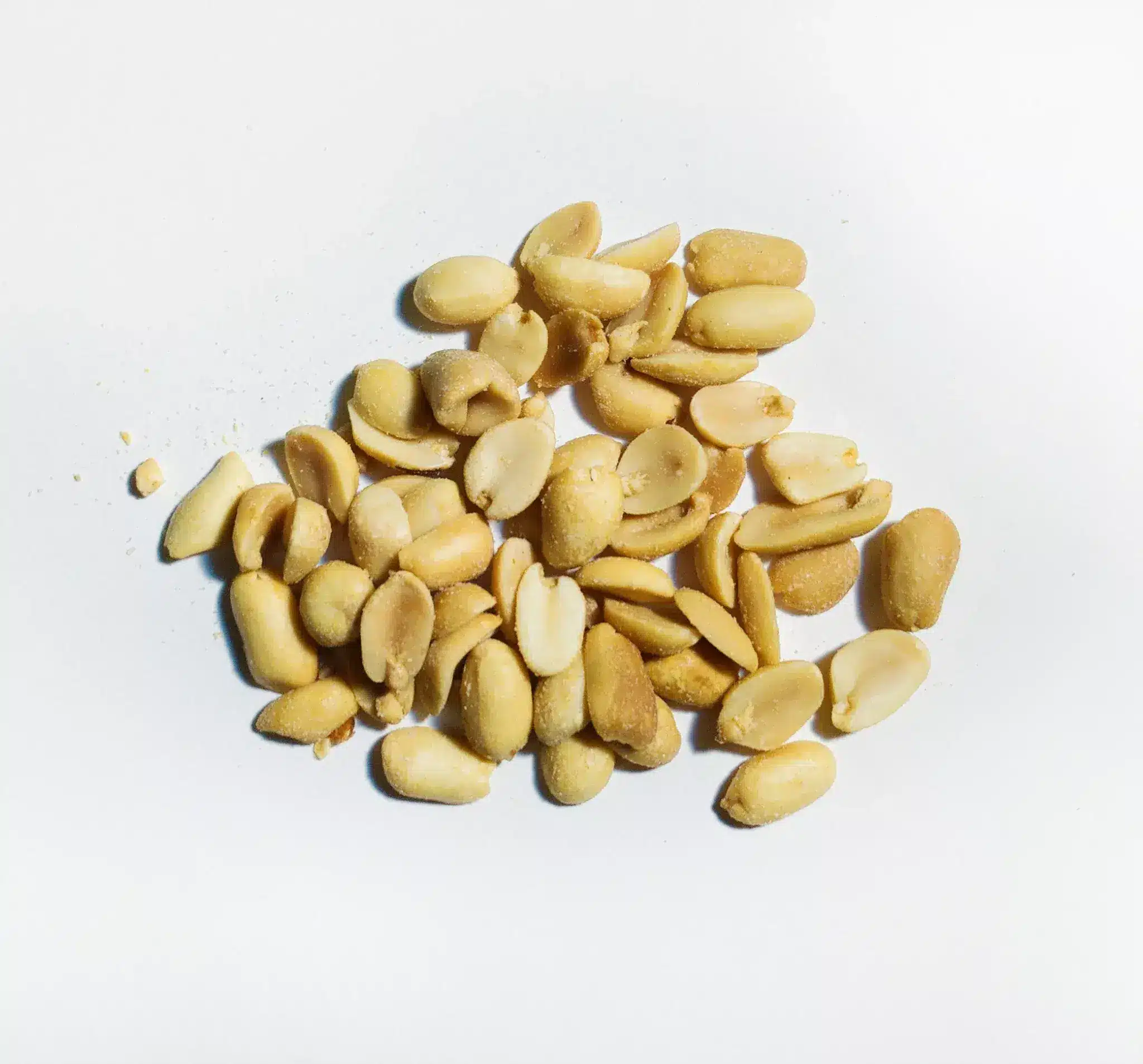The 14 Allergens in the UK and European Union

The Law Governing the 14 Allergens
The Regulations that govern food allergen labelling in the United Kingdom are derived from the Food Information to Consumers Regulation (EU) No 1169/2011 and transposed into UK domestic law via the Food Information Regulations 2014. These regulations, which apply to England, Scotland, Wales, and Northern Ireland, specify the labelling and information that must be provided on food products.
Food allergies are a significant concern for many individuals, and all European countries, including the United Kingdom, place stringent regulations in place to protect consumers. These regulations define a list of 14 major allergens that must be clearly identified in food products to ensure that people with allergies can make informed choices.
What are the 14 Major Allergens?
The 14 major allergens identified by these regulations are:
- Cereals containing gluten
- Crustaceans
- Molluscs
- Eggs
- Fish
- Peanuts
- Nuts (such as almonds, hazelnuts, walnuts, cashews, pecans, brazils, pistachios, and macadamia nuts)
- Soybeans
- Milk
- Celery
- Mustard
- Sesame
- Sulphur dioxide and sulphites (at concentrations of more than 10 mg/kg or 10 mg/litre)
- Lupin
Food businesses in the UK are required to highlight the presence of these allergens in their products by emphasising them in the ingredients list or through a separate allergen information statement. The information must be clear, easily visible, and legible. Failure to comply with these regulations can result in legal consequences for food businesses which may include product recalls, fines or other financial penalties, or even closure of the business by local and/or federal authorities. Additionally, when allergens are used in the production of non-prepackaged foods, such as those sold in restaurants or cafes, consumers must be informed about their presence upon request.
Natasha's Law
The importance of these allergen labelling regulations cannot be overstated, as allergic reactions can range from mild discomfort to severe and life-threatening consequences. One of the most famous recent cases is the tragic case of Natasha Ednan-Laperouse, a teenager who died during a flight after suffering a severe allergic reaction to a baguette which contained sesame seeds which had not been labelled.
At the time, the law in the UK regarding freshly handmade food prepared on-site allow omission of individual labels, which included allergenic information. Nowadays Natasha's Law which, includes such pre-packaged foods, aims to bring greater labelling information for sufferers of any of the 14 Allergens.
Allergens in Bubble Tea
Bubble tea is free from most of the allergens stated above. However, great care is required particularly if you are allergic to milk and sulphur dioxide or sulphites.
- So-called ‘non-dairy creamers' in fact contain sodium caseinate, a form of milk protein, and therefore requires milk allergen labelling. It is why our regular creamer powders are not named in a way that could cause confusion. Our vegan creamer is declared milk allergen-free.
- Tapioca balls do typically contain sulphites, though often slightly below or above the 10mg/kg or 10 parts-per-million level which triggers the allergen warning.
At Taipec we have a dedicated in-house technical team to ensure all products are correctly labelled, and provide assurance that our bubble teas ingredients are gluten-free, providing you confidence that you can run your business with the correct nutritional and allergenic information.
Keeping your staff trained in the 14 Allergens
It's crucial for food businesses to stay informed about any updates or changes to allergen labelling regulations in both the UK and the EU. All food establishments should seek to have at least one on-site staff trained in Level 2 Food Safety. Regular training for staff involved in food handling and preparation is essential to ensure compliance and, more importantly, the safety of consumers.

